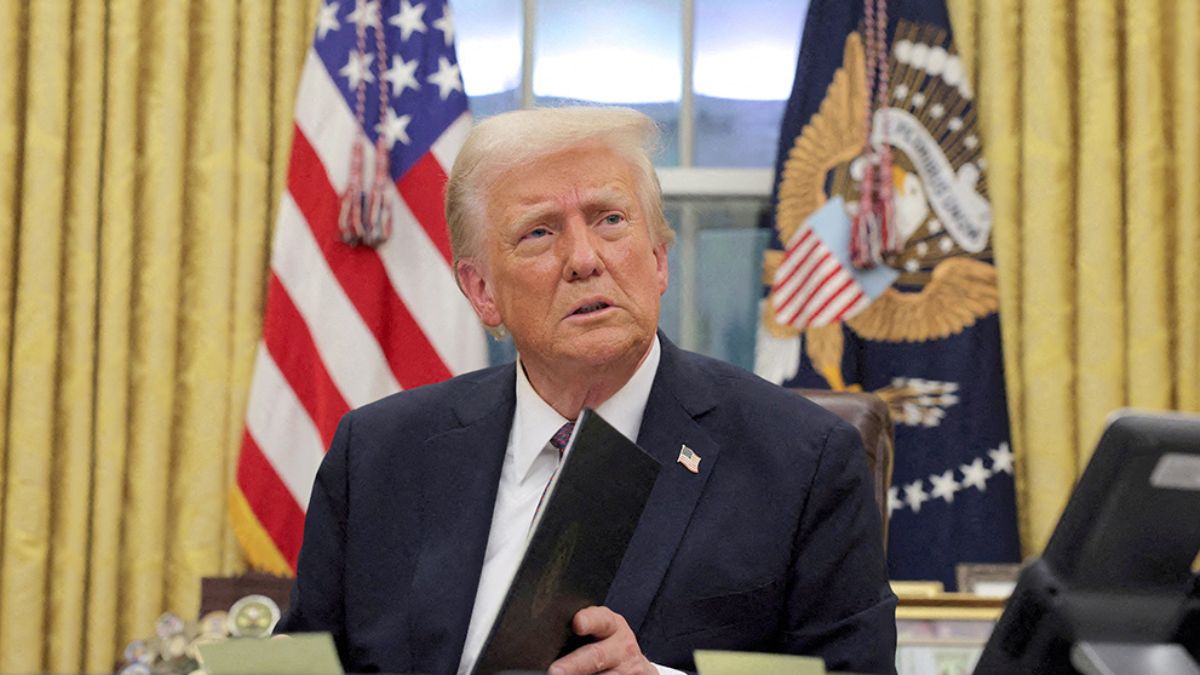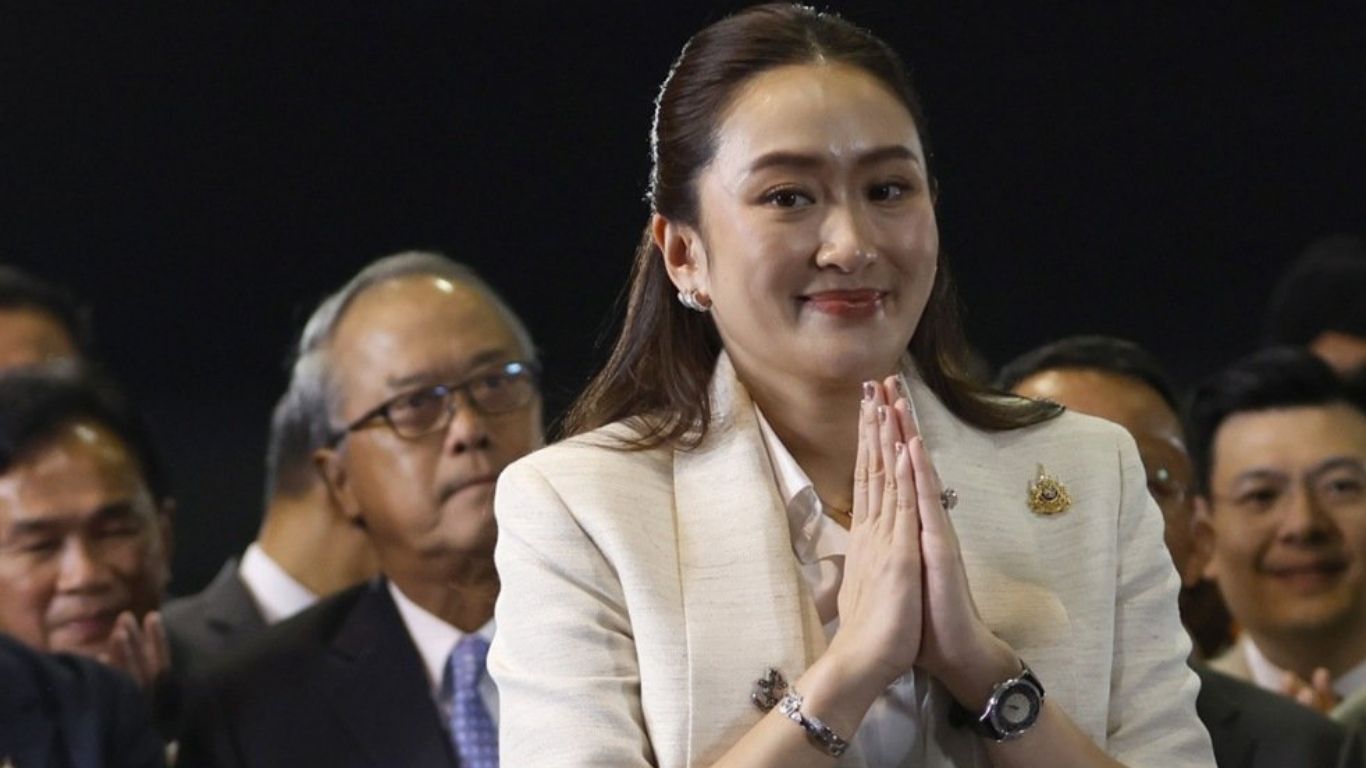In a move that could reshape the future of one of the world’s most popular social media platforms, Trump announced that a group of wealthy investors is prepared to purchase TikTok’s U.S. operations, pending approval from China. The revelation, made during a Fox News interview aired Sunday, marks the latest twist in the ongoing saga over TikTok’s fate in the United States.
A High-Stakes Deal in the Making
President Trump, who did not disclose the identities of the prospective buyers, expressed confidence that Chinese President Xi Jinping would ultimately endorse the deal. “We have a buyer for TikTok, by the way,” Trump told Fox News. “I think I’ll probably need China’s approval, and I think President Xi will probably do it.” He hinted that the names of the buyers would be revealed within two weeks, a timeline he has previously invoked for major policy decisions.
The potential agreement comes after months of uncertainty for TikTok’s 170 million American users. Since returning to the White House, Trump has extended the deadline for a U.S. ban on the app three times, most recently granting a 90-day reprieve that pushes the deadline to mid-September. The ban was initially mandated by Congress, which required TikTok’s Chinese parent company, ByteDance, to divest its U.S. operations or face removal from American app stores due to national security concerns about Chinese government access to user data.
White House: TikTok Talks at “Highest Level”
At a Monday press briefing, White House press secretary Karoline Leavitt declined to elaborate on the specifics of the deal but confirmed that discussions with China are ongoing “at the highest level.” She reiterated President Trump’s commitment to keeping TikTok accessible to American users, stating, “That’s the president’s main goal.”
Leavitt’s comments underscore the administration’s evolving stance. While Trump previously advocated for a total ban on TikTok during his first term, he has since softened his position, frequently citing the platform’s popularity among young voters a demographic that played a pivotal role in the 2024 election. Trump has often remarked that he has a “warm spot” for TikTok, crediting it with boosting his appeal to younger Americans.
Congressional Pressure and a Shifting Deadline
The TikTok controversy began more than a year ago when Congress passed legislation requiring ByteDance to divest its U.S. assets or face a nationwide ban. The app briefly went dark for American users after Google and Apple removed it from their digital stores at the initial deadline, which coincided with Trump’s return to office. However, Trump immediately issued a 75-day extension, followed by a second and third extension, as negotiations continued.
The new deadline, now set for mid-September, has created a sense of urgency for all parties involved. Lawmakers remain concerned about the security of American user data, while TikTok’s massive user base anxiously awaits clarity on the app’s future.
U.S.-China Relations: Trade and Technology Intertwined
The TikTok negotiations are unfolding against the backdrop of broader U.S.-China trade talks. Earlier this month, Trump and Xi held a phone conversation to discuss the status of a temporary trade agreement that lowered tariffs and paused an escalating trade war between the two economic superpowers. The outcome of the TikTok deal is likely to influence, and be influenced by, the state of these high-level economic discussions.
For China, the sale of TikTok’s U.S. operations is a sensitive issue, touching on questions of technological sovereignty and national pride. For the U.S., it is a matter of data security, economic opportunity, and political optics.
What’s Next for TikTok?
With the mid-September deadline looming, all eyes are on the White House and Beijing. President Trump’s assurance that a deal is imminent offers hope for TikTok’s millions of American users and the influencers, businesses, and advertisers who rely on the platform. However, the final outcome hinges on a delicate balance of diplomatic negotiations, regulatory approvals, and the willingness of both governments to find common ground.
As the world waits for the identities of the “very wealthy people” poised to take over TikTok’s U.S. operations, one thing is clear: the fate of the app is now a bellwether for the future of U.S.-China tech relations.



